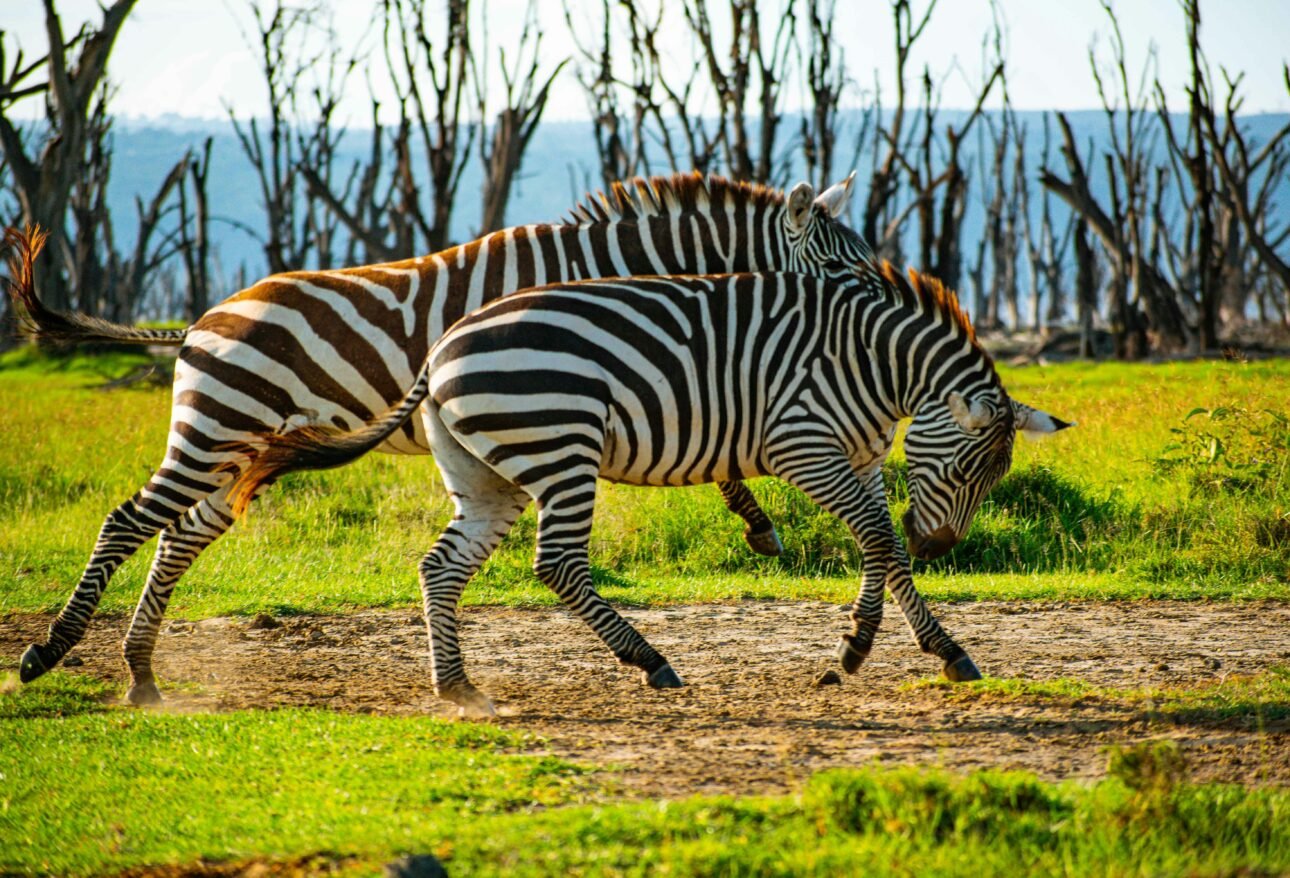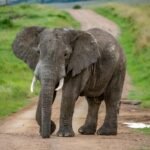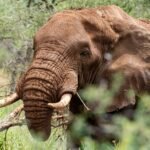Planning a safari in Kenya is an exhilarating experience that opens the door to breathtaking landscapes, diverse wildlife, and unforgettable adventures.
For first-timers, however, the process can seem overwhelming.
This guide aims to simplify your preparations with essential insights and tips on everything from understanding the best time to go on safari to selecting the right tour package.
Whether you’re a seasoned explorer or embarking on your first wildlife adventure, this first-timer’s guide to planning a safari in Kenya will ensure you are well-prepared for an awe-inspiring journey.
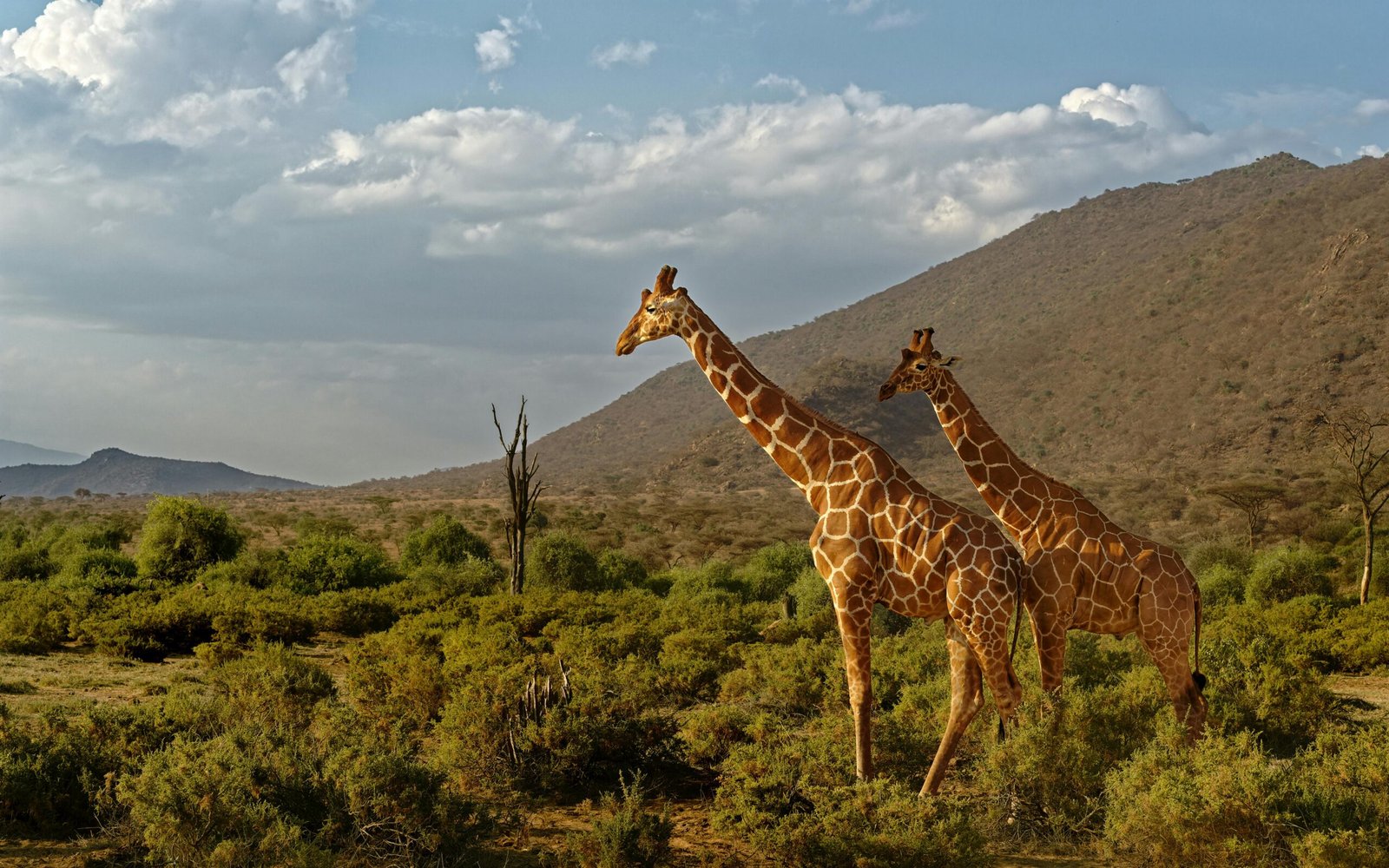
Key Takeaways
- Research the optimal seasons for wildlife viewing to plan your safari effectively.
- Select a safari tour package that aligns with your budget and interests for an enjoyable experience.
- Pack essential gear like binoculars, sunscreen, and comfortable clothing to ensure preparedness.
- Be mindful of wildlife conservation ethics to support sustainable tourism and protect natural habitats.
- Follow practical tips to enhance your safari adventure, such as staying hydrated and respecting wildlife boundaries.
Understanding the Best Time to Go on Safari
When it comes to planning a safari in Kenya, understanding the best time to go is crucial for first-timers.
With its diverse wildlife and stunning landscapes, Kenya offers unique experiences throughout the year, but specific seasons are more advantageous for spotting animals and enjoying the scenery.
The dry season, typically from June to October, is considered the peak time for safari-goers as animals congregate around water sources, making sightings easier.
Conversely, visiting during the wet season from November to May can offer a different kind of beauty, with lush greenery and a chance to witness the spectacular wildebeest migration.
Therefore, as you navigate this A First-Timer’s Guide to Planning a Safari in Kenya, consider your wildlife viewing preferences and the weather patterns that suit your adventurous spirit best.
Choosing the Right Safari Tour Package
Planning a safari in Kenya can be an exhilarating yet daunting task, especially for first-timers.
With a multitude of options available, choosing the right safari tour package is essential for an unforgettable experience.
To begin, consider what specific wildlife or landscapes you are eager to see.
Kenya is renowned for the Maasai Mara, where the Great Migration unfolds annually, while Amboseli National Park offers stunning views of Mount Kilimanjaro and its elephant herds.
Next, think about your travel style—do you prefer the comfort of lodges or the adventure of camping?
Additionally, pay attention to the safari’s duration and daily itinerary; a well-structured tour can maximize your wildlife sightings and experiences.
Evaluating factors like group size, the expertise of the guides, and what is included in the package can also influence your decision.
By examining these aspects, you can confidently select a safari tour that aligns with your preferences, ensuring a captivating adventure as you embark on your first journey into the heart of Kenya’s vibrant ecosystems.
‘In every walk with nature one receives far more than he seeks.’ – John Muir
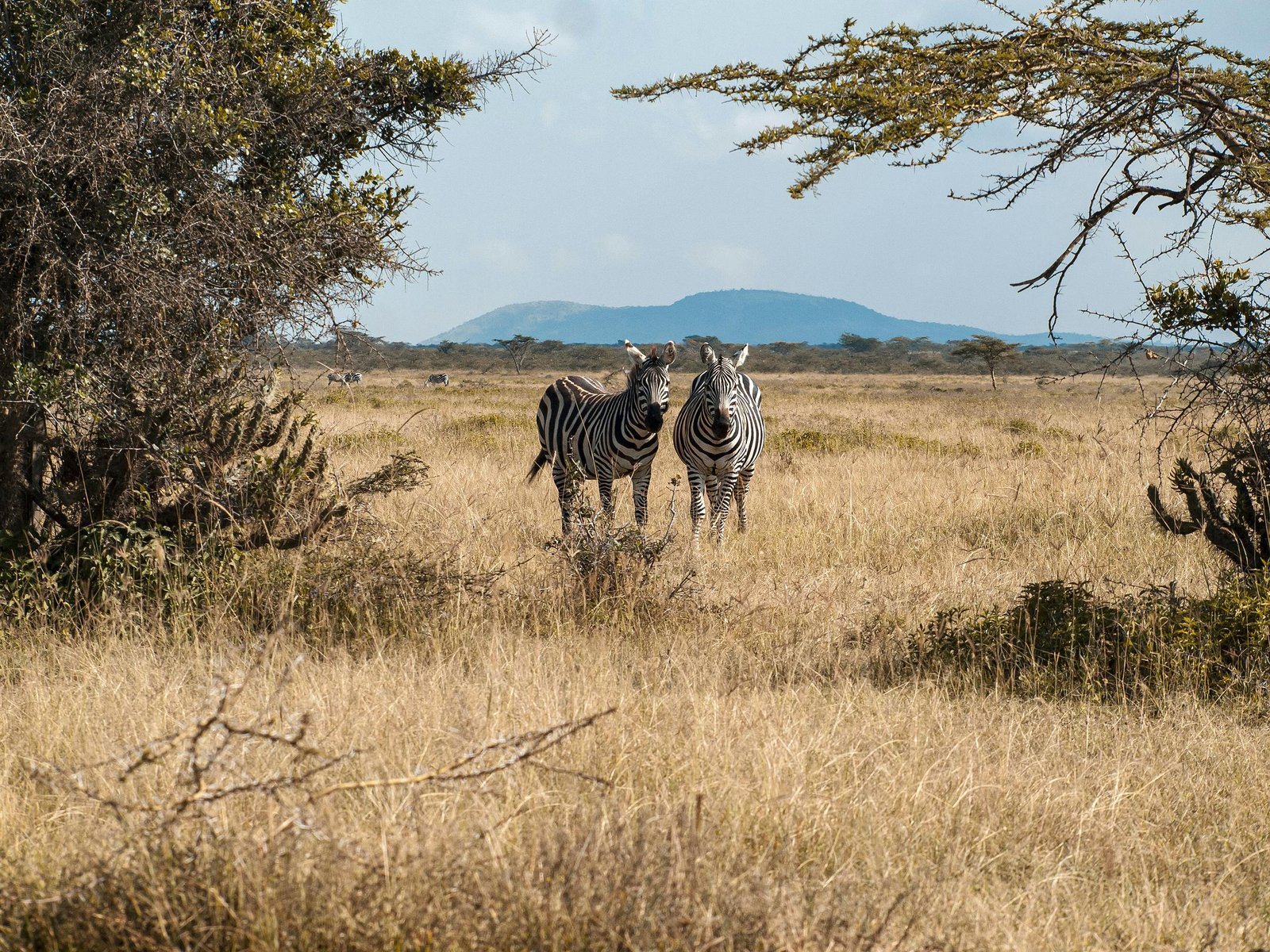
Essential Gear for Your Safari Adventure
When embarking on a safari adventure, particularly in the stunning landscapes of Kenya, having the right gear is essential to enhance your experience.
As a first-timer, it’s crucial to familiarize yourself with what to pack to ensure comfort and safety.
Start with a good pair of binoculars for wildlife viewing, as they will offer clear, close-up views of animals in their natural habitat.
A high-quality camera is also a must; consider packing a zoom lens to capture the incredible scenery and diverse wildlife.
Appropriate clothing, such as lightweight, neutral-colored attire that blends with the surroundings, will not only keep you comfortable but will also prevent alarming the animals.
Don’t forget essentials like sunscreen and insect repellent to protect your skin during those sun-soaked days and evenings outdoors.
With the right gear in hand, you’re on your way to creating unforgettable memories in one of Africa’s premier safari destinations.
Wildlife Conservation and Ethical Considerations
Wildlife conservation plays a pivotal role in the experience of a safari, especially in a destination as rich in biodiversity as Kenya.
For those looking to embark on this thrilling adventure, it’s essential to understand the ethical considerations involved, which will not only enhance your appreciation of the landscape and its inhabitants but also contribute positively to the environment.
A First-Timer’s Guide to Planning a Safari in Kenya emphasizes the significance of choosing eco-friendly tour operators who prioritize sustainable practices and community involvement.
Engaging with local conservation efforts, such as visiting wildlife sanctuaries and participating in initiatives dedicated to protecting endangered species, offers a chance to witness the majestic beauty of nature while ensuring its preservation for future generations.
By being mindful of your choices, you can enjoy a remarkable safari experience that resonates with both adventure and responsibility towards wildlife conservation.
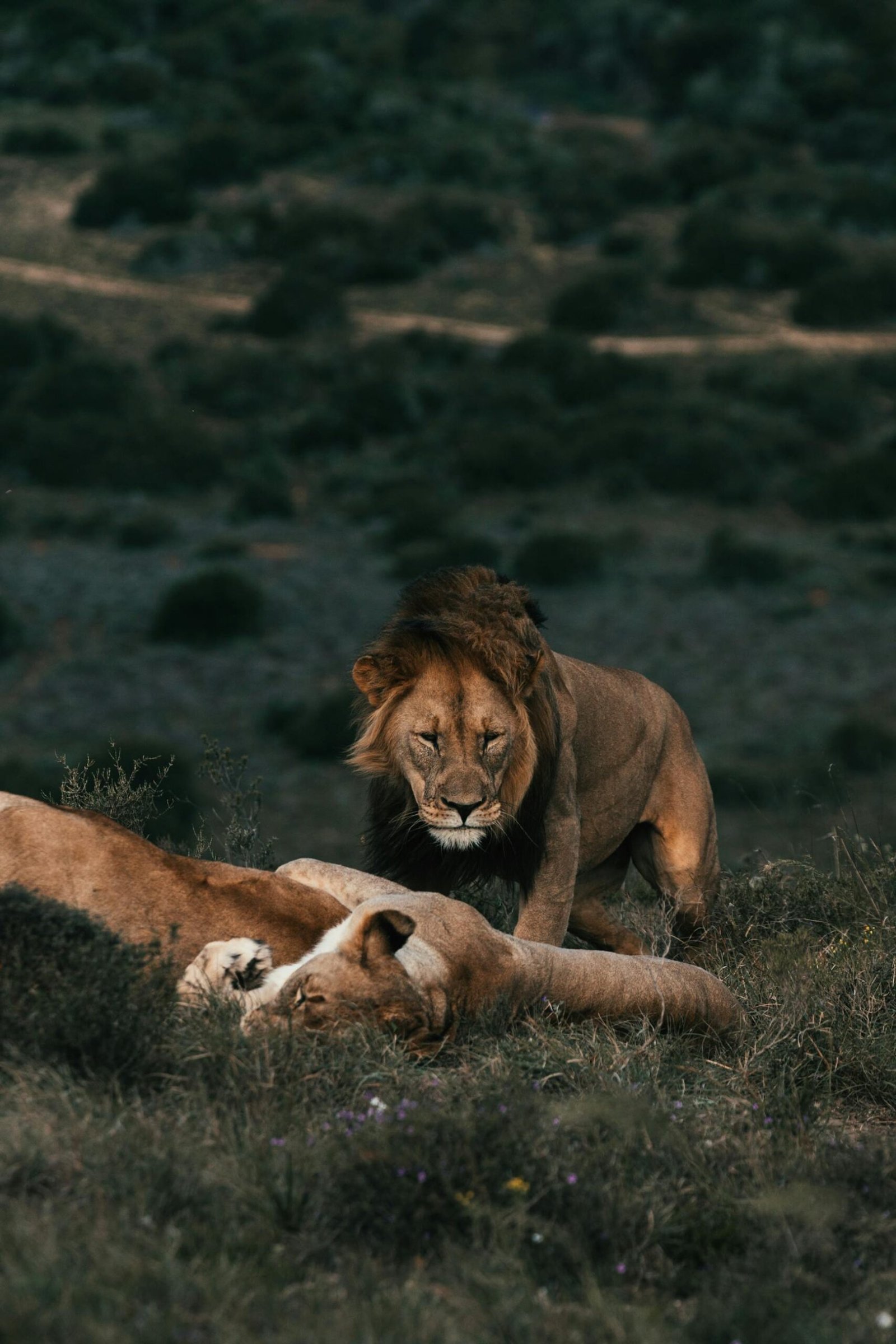
Tips for a Successful Safari Experience
Embarking on a safari is undoubtedly one of the most thrilling experiences one can have, especially in Kenya, which boasts some of the most stunning wildlife and breathtaking landscapes in the world.
For those considering this adventure, it’s essential to plan strategically to ensure a successful safari experience.
If you’re a first-timer, start by researching the best time to visit Kenya for a safari, as the Great Migration, typically between June and October, offers spectacular views of wildlife in action.
Choosing the right safari operator is crucial; look for well-reviewed companies that prioritize animal welfare and offer knowledgeable guides.
Additionally, familiarize yourself with the different parks and reserves, such as Maasai Mara and Amboseli, to choose the right location that suits your interests in wildlife and scenery.
Finally, pack wisely—light, breathable clothing for day explorations, warmer layers for evenings, and essential gear like a pair of binoculars can significantly enhance your experience.
With these tips in mind, you’ll be well-equipped for an unforgettable adventure.
Remember, this is not just a trip to observe animals; it’s an opportunity to immerse yourself in the rich culture of Kenya, so take the time to engage with locals and enjoy the vibrant tapestry of experiences this beautiful country has to offer.
Frequently Asked Questions
What is the best time to go on a safari in Kenya?
The best time to go on a safari in Kenya is during the dry seasons, typically from late June to October.
This period coincides with the Great Migration, making wildlife sightings more abundant.
How do I choose the right safari tour package?
To choose the right safari tour package, consider factors such as your budget, the type of safari experience you want (luxury vs.
budget), the specific parks or reserves you wish to visit, and whether you prefer guided tours or self-drives.
What essential gear should I bring for my safari adventure?
Essential gear includes binoculars for wildlife viewing, a good camera, lightweight and breathable clothing in neutral colors, sunscreen, insect repellent, and a refillable water bottle to stay hydrated.
What are the wildlife conservation and ethical considerations I should keep in mind?
When planning your safari, look for tour operators that support wildlife conservation and adhere to ethical practices, such as responsible wildlife viewing and minimizing disturbance to natural habitats.
What tips can you provide for having a successful safari experience?
Some tips for a successful safari include being patient, staying quiet while observing wildlife, respecting local customs, adhering to park regulations, and bringing a good field guide to enhance your learning experience.
Kikuyu Arcade, Kiambu, Kenya 00902
+254 720 637 298
+254 726 906 136
info@africancrestedratsafaris.com
sales@africancrestedratsafaris.com

